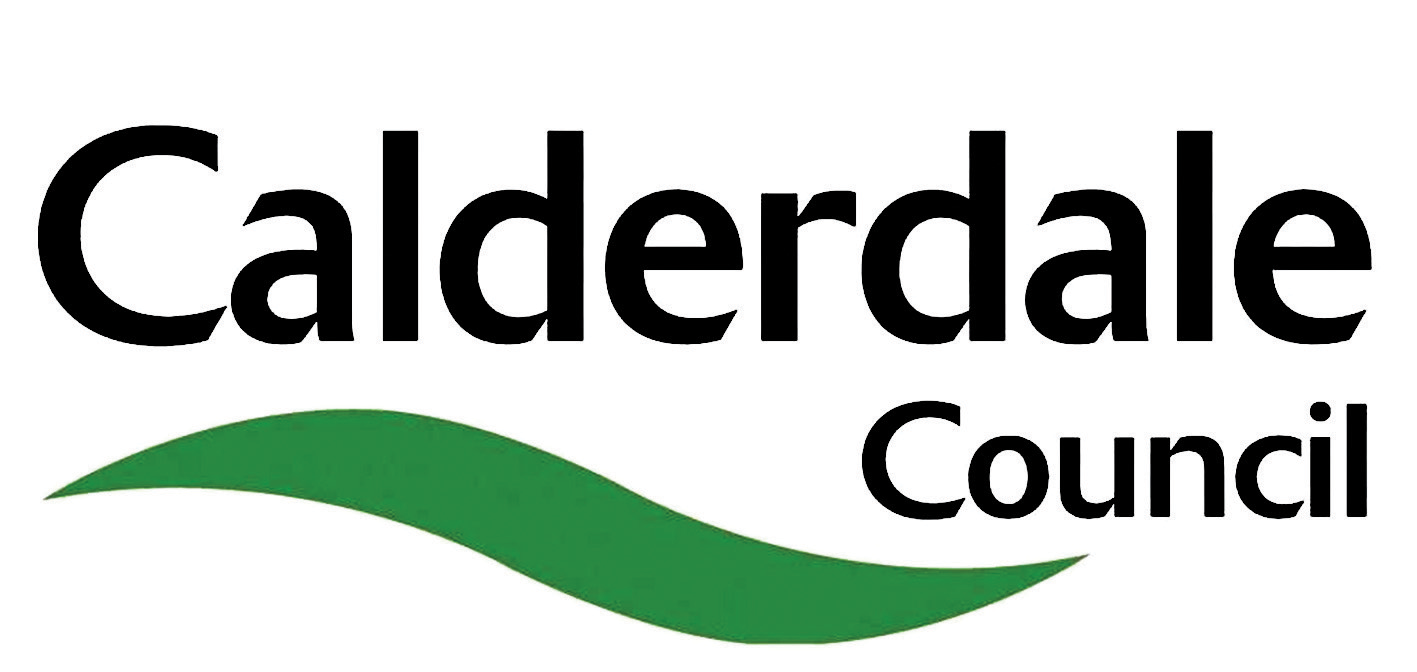Parents are often a child's very first teachers and those who actively play a part can have a great impact on the child's ability to communicate verbally. Talking to babies, and having fun with nursery rhymes and songs is a great way to lay the groundwork when it comes to learning speech. Story telling, rhyme time and singing will all help with communication development.
While there is no magic formula to help your child talk, there are things you can do to help with your child’s development. The process of talking involves listening, understanding, thinking, wanting and needing to speak, and being able to coordinate all the right muscles. Children learn and develop at different rates. Families may find their toddler’s words are said for them by brothers and sisters trying to be helpful.
Talking to babies everyday is important, preferably without resorting to ‘baby talk’. Babies learn to talk from listening to others and it is important to talk in a fun and friendly manner. Talking can easily fit into your daily routine and can be extremely beneficial in speech and language development. If you are worried about your child’s speech development, speak to your health visitor. There are a number of speech and language drop-in sessions available, check at your local Children’s Centre. surestartchildrenscentresnhp.org.uk www.childrencentres.co.uk
If a child can start school with good speech and language skills they can maximise their full personal and social potential. These skills underpin all areas of a child’s development. Children with poor communication and language skills are at increased risk of being bullied. If you think your child’s communication skills are not developing as they should discuss with your health visitor or your child’s school.
You can get a free bookstart pack for your baby at around 7-9 months. Ask your health visitor.


